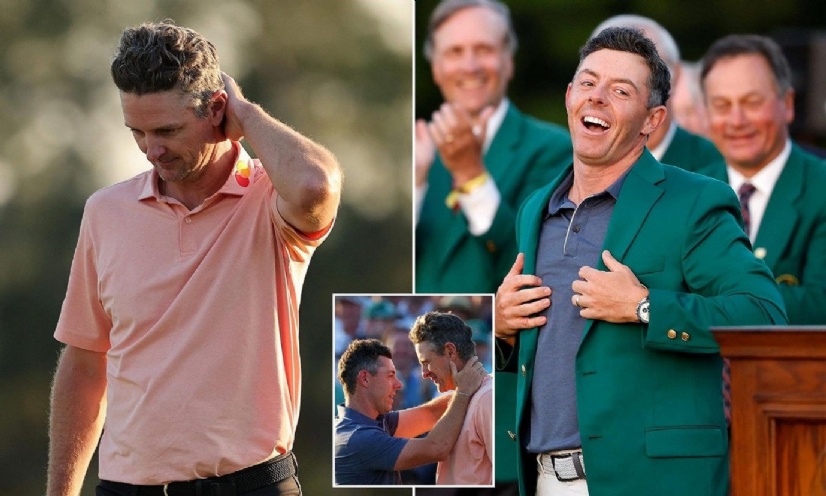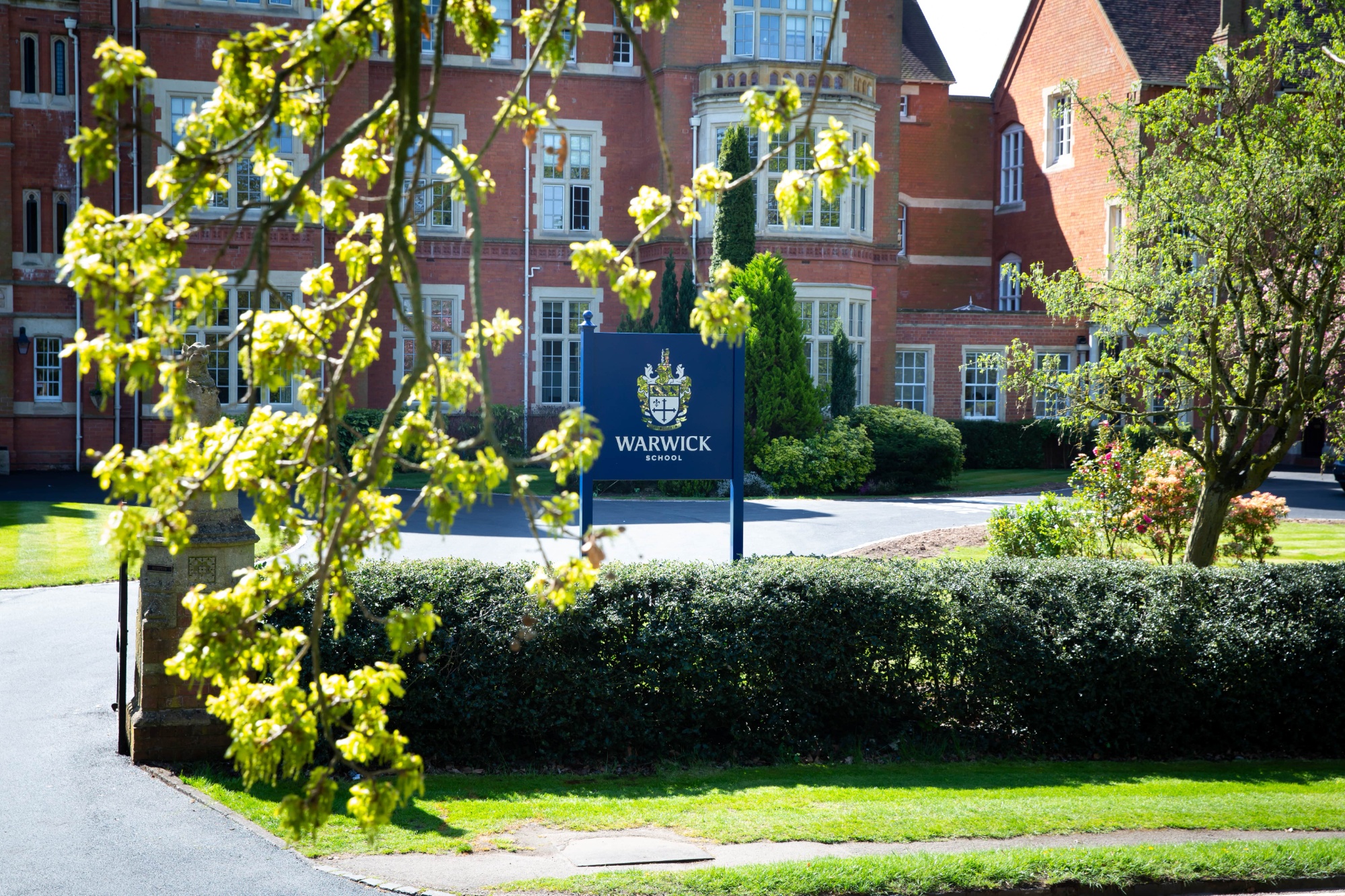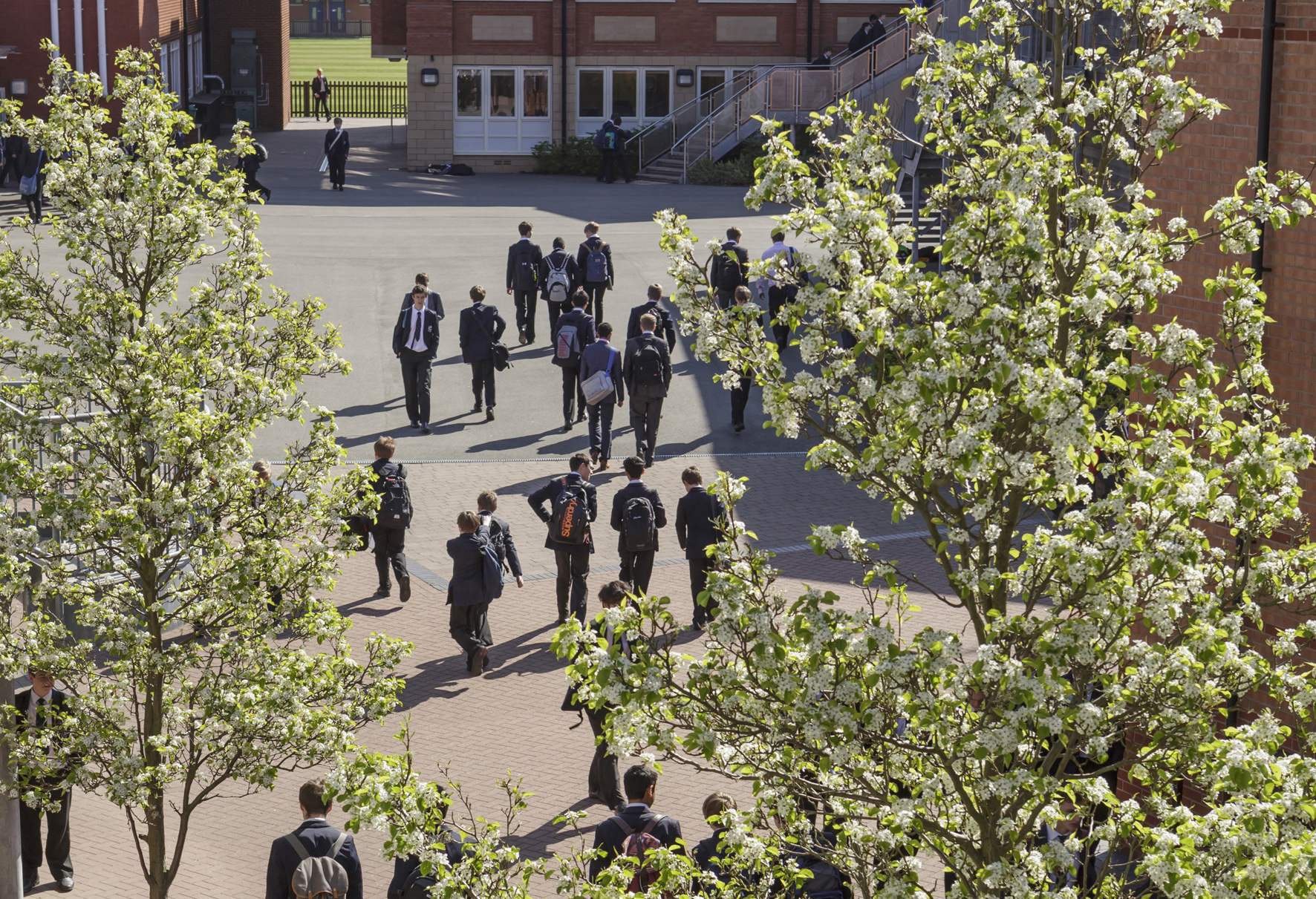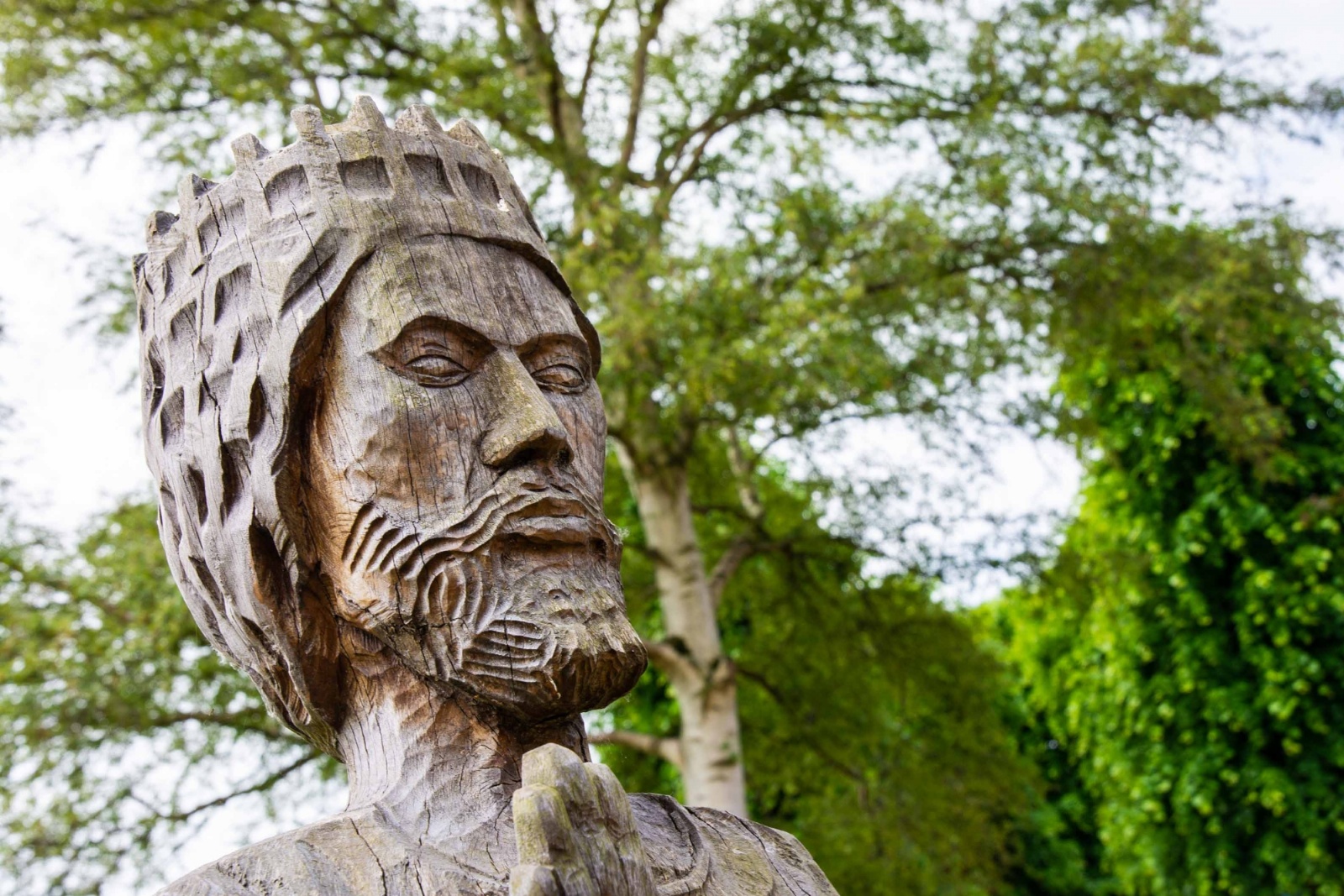Playing the long game; Rory, Rose and lessons in perseverance and humility

Sat in assembly on Wednesday morning, listening to Little Big Band play and hearing a report on their success at the National Concert Band Finals, I found myself reflecting on the hours of practice and the perseverance that had allowed them to achieve their platinum award.
Success does not come overnight. The road to excellence is rarely a straight line. There are always setbacks and challenges along the way to anything truly worth achieving. A powerful reminder of this was served over the Easter break - when Rory McIlroy finally completed the career Grand Slam—winning the US Masters, 11 years after his last major triumph at The Open Championship at Royal Liverpool in 2014.
Now, I’m not a golfer. It’s not a sport I play or particularly enjoy watching. But - on the night of Sunday, 13 April - like millions of others around the world - I was gripped by the tense conclusion of this year’s Masters and even more so by the story behind it.
Rory McIlroy had been trying to win The Masters for over a decade. In 2011, at just 21 years old, he led heading into the final round—only to see his game unravel under pressure. Fourteen years later, many believed that was his moment, lost forever.
But he kept coming back. Year after year. Facing disappointment. Facing criticism. Facing doubt. He kept believing. He persisted. Until, finally, this year, he won. And in doing so, he joined one of golf’s most exclusive clubs—becoming just the sixth player in history to win all four majors.
“The biggest thing is just perseverance. I’ve had to keep coming back, keep putting myself in position, and trust that the moment would come.”
Rory McIlroy
This is what perseverance looks like. Not instant glory, but the courage to keep going in the face of setbacks. The resilience to get back on the horse after each and every fall. The quiet determination to keep faith in yourself when others may not.
Please remind your sons – whatever they’re working toward, an important concert, applying for a leadership role, trying to break into a team, or simply aiming to improve —remember Rory. Not just the champion he is now, but the long, hard road he walked to get there.
But while McIlroy’s triumph—built on the Warwick School value of perseverance—was undoubtedly inspiring, as the final putt dropped, my eyes weren’t on him. Instead, I found myself watching his playing partner: Justin Rose.
A difficult third-round 75 had cost Rose his 36-hole lead, and most commentators assumed he would fade into the background. But on the final day, he produced a stunning round—including ten birdies—to force a playoff. It was his second Masters playoff in eight years. And once again, just as in 2017 against Sergio Garcia, he came up short. In fact, Rose became the only player in history to lose two sudden-death playoffs at Augusta and finish runner-up three times.
And yet, as the sun set and McIlroy collapsed in tears on the 18th green, it was Rose - himself undoubtedly heartbroken - who was first to offer congratulations. Just as he had done in 2017, when he suppressed the agony of defeat with a gracious message:
“Sport in the moment can be tough—but it’s just sport.”
This time, amid his own disappointment, he told McIlroy:
“… I’m glad I’m here on this green to witness the career Grand Slam.”
That, gentlemen, is humility. The ability to put others first. To recognise and honour someone else’s achievement, even when it comes at personal cost.
"If this game has taught me anything, it is to stay humble because you never know quite what’s round the corner."
Justin Rose
It is no wonder that Justin Rose is one of the most respected figures in the game. After his latest Augusta near-miss, the author Harlan Coben recalled meeting Rose at a charity event in 2010. Over fifty professional golfers had turned up to raise money—but only two made personal donations. One of them, Coben wrote;
“…quietly handed me a cheque at the end of the night because he didn’t want anyone to make a fuss. Justin Rose.”
Rose has also used his own money to start the Rose Ladies Series—promoting and celebrating women’s golf—and he continues to support children and families in need through the Kate and Justin Rose Foundation, which tackles food insecurity and supports education for underprivileged children in the communities he has encountered through his life in golf.
We cannot always guarantee success. The fulfilment of our dreams is never entirely within our control. Hard work and perseverance make success more likely, but there will always be determining factors that lie beyond our sphere of influence.
What is within our control is how we respond—both to failure and to success.
We can choose humility. We can always choose to be gracious, to recognise others, and to use our talents to lift those around us.
So, when you fall short of your goals—remember Rory, and the power of perseverance.
But in everything you do—whether you succeed or not—remember Justin Rose. His humility. His sportsmanship. And the quiet, lasting impact of someone who chooses to put others first.











